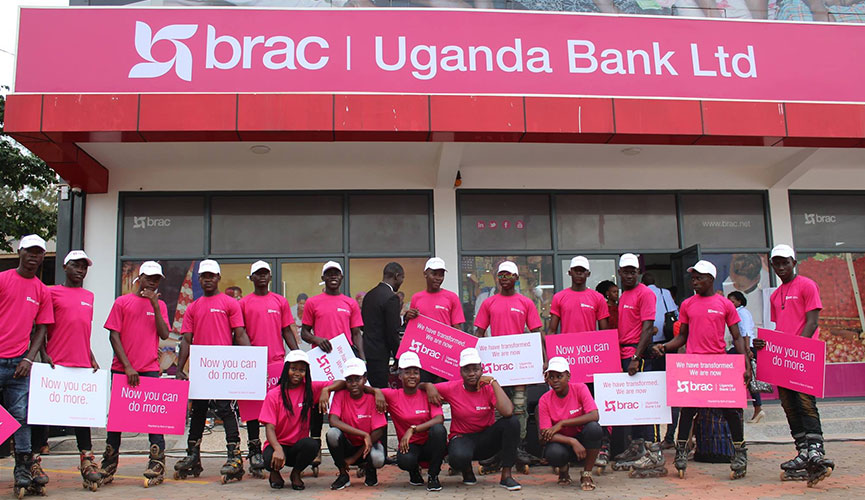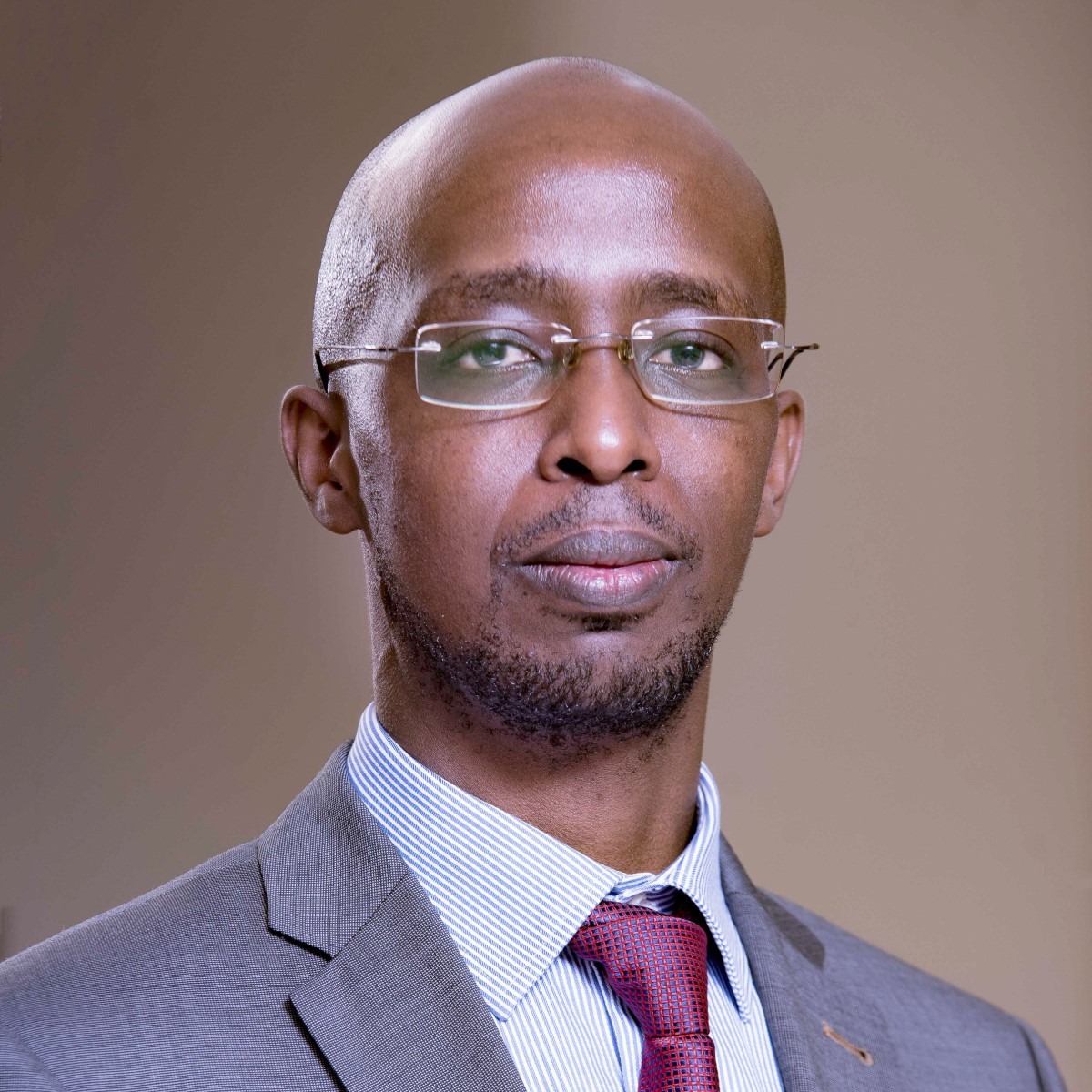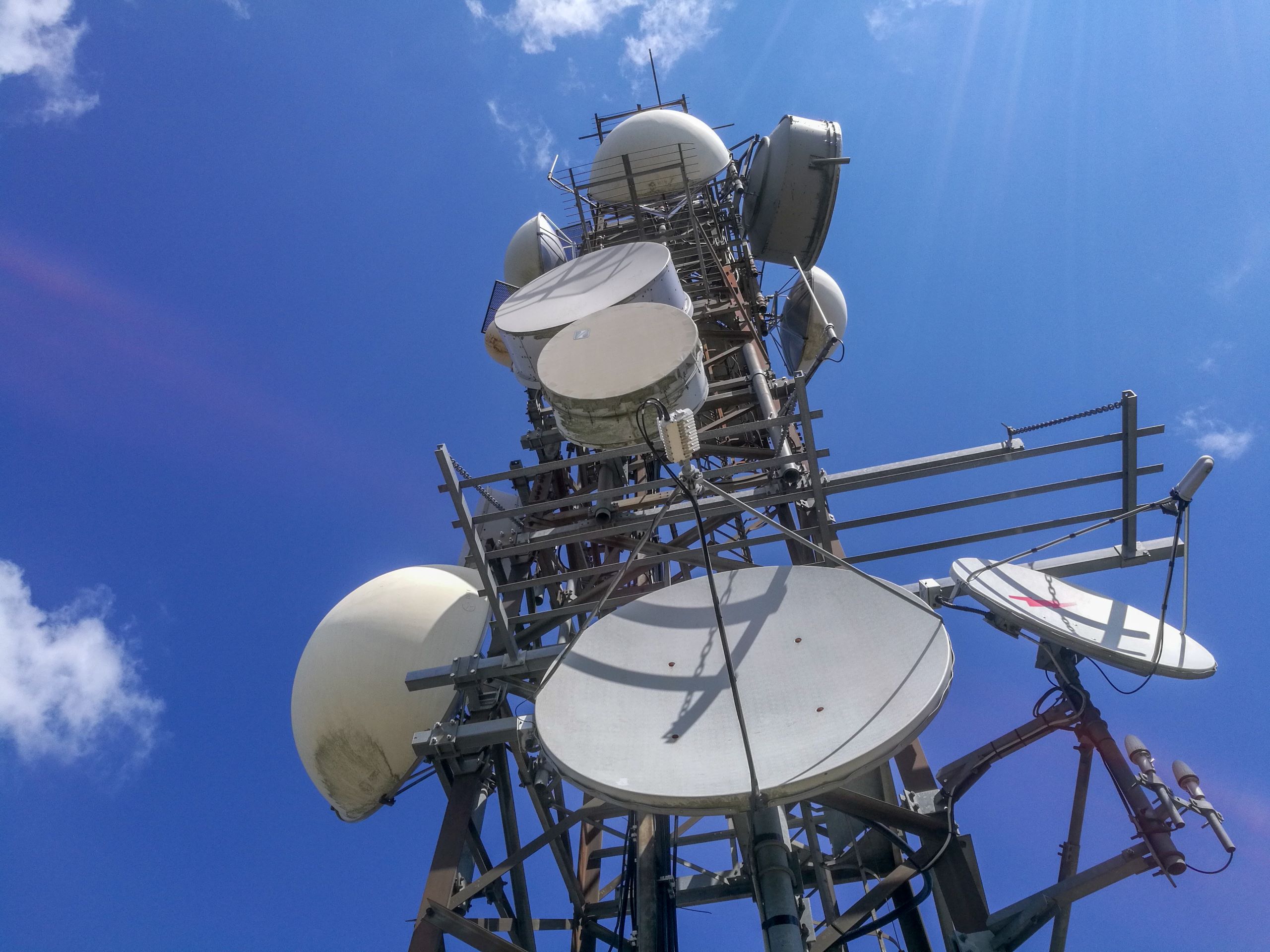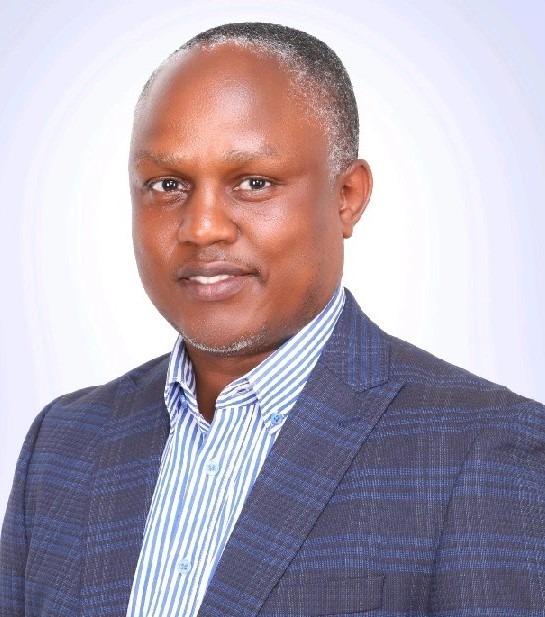Between July 3-4, an important conference took place in Kampala. Dubbed “Africa 4.0: Preparing Africa for the 4th Industrial Revolution,” the conference that should have caused a lot of excitement, instead passed largely unnoticed with minimal and wrongly framed mainstream media coverage, little political attention and completely no general public interest. Even the presence of the President of Sierra Leone, Brig. Julius Maada Bio, to open and grace the conference, was distortedly reported as a by-the- way; like Maada Bio’s main purpose to visit was to see Ugandan factories.
And that is symptomatic enough.
The 4th Industrial revolution (4IR) is globally feted to be the next big thing. It is going to change everything. It is going to change the way humans live, work and interact with each other, how they meet their basic needs and how society lives and works.
In our The Infrastructure Magazine March-April 2019 edition, we carried a long feature defining what 4IR is and how it is likely to impact society. Elements of 4IR include block chains, Artificial Intelligence (AI), robotics, big data and analytics, drone technologies, Internet of Things, among others.
Even though Uganda is noticeably already deploying (albeit disjointedly) some elements of the 4IR technologies, the country largely remains oblivious of the phenomenon that the rest of the world is currently frantically talking about and preparing for.
Some of the basic 4IR elements that Uganda is already deploying include drone technology- used in security management (such as during Martyrs day celebrations that attract a few millions of people) and humanitarian interventions (Bududa landslide surveys). The other is big data and facial recognition technologies deployed by the Police street cameras. Because of this technology police is now able to identify, follow up and apprehend a culprit because their data technologies have capabilities to match and recognise faces. Integration of this technology into the national ID database even makes work easier.
We need to realise and admit that conversations –like creation of jobs through factories and manufacturing entities, are fast becoming archaic. In the next 15 years, there will be no industrialist who will hire people for jobs that can be done by machines and robots-cheaply, more efficiently, more predictably, etc. All projections are that within the next 10 years, the 4IR will be here and the nature of work and jobs- especially factory type jobs- will be its first casualty. That’s why there is a big conversation going on at the international level, led by the International Labour Organisation (ILO) –on the subject of the “Future of work.”
In Uganda as well, we need to up our conversation (and game) on 4IR by putting in place a clear strategy for critically engaging with the phenomenon, and by moving away from a disjointed way of thinking and doing things.
Block chains technology, for instance, is anticipated to fundamentally change transaction and business processes by bringing better efficiency, agility, accuracy, speed and transparency. A transaction like purchase of a car from manufacturer in Europe will be considerably cut in terms of time and processes to an extent that a buyer will in a press of a button be able to transact and transfer monetary value directly to the seller- potentially cutting out all third party services like bank transfer processes, fees, bureaucracies thereby bringing much agility, transparency, timeliness, cutting of costs, etc.
Artificial intelligence is basically use of machines to make decisions using data systems (algorithms). Examples includes self-driving cars or auto-pilot in aeroplanes. Hand held cell phones already demonstrate a lot of AI by using your history to make “judgement” on what your phone shows/recommends you to read/see. Internet of Things on the other hand is basically big internet capacity (currently 5G) to run facilities, equipment and appliances. This could work in homes, hospitals, offices, entertainment places etc. A residential house on a 5G Internet of Things technology could have recognition technology where the gate can identify the home owner’s car and open and close automatically. A house lighting system run on internet switches on when a person enters the house and switches off the moment there is person in the room; TV based Internet of Things switches on your most watched/favourite channels as soon as you sit on your chair to view TV, or uses your eye movements to select channels, etc.
In many parts of the world, these technologies are already happening.
This means that countries need to prepare for these technologies. Once they become effective, people will lose jobs in the form those jobs are currently structured. This means that people need to be reskilled to position themselves for jobs that will be required and created for humans. Governments need to change policy frameworks, even laws, as most of the work will be delegated to machines rather than humans (one author has on a light note reasoned that humans will be lucky if machines keep them for pets, in the near future).
These technologies will bring a lot of opportunities but a lot of threats, challenges and disruption in equal measure, especially in countries that will not have adequately prepared for it. While, these technologies have been said to be the biggest opportunity for developing countries to jump leap development stages into developed world status, they can be disastrous for the unprepared. With these technologies irrespective of where you are in the world as long as you have the infrastructure and skills, you can be an active participant. World citizens will be truly in one global village; as sitting in Gulu or Kotido, with the right skills and infrastructure, one is as good as someone in New York or London.
What does government need to do?
Make 4IR a political mantra
Elsewhere, governments are making 4IR the political mantra of the day; presidents, ministers and government officials are talking about it at every opportunity. Leaders are entreating their citizens to prepare for it in terms of skills, disruption, opportunities, threats etc. And that is why the Kampala conference was one missed opportunity for the Government to show leadership and engagement with a phenomenon that will soon sweep us.
Government needs to include 4IR in its everyday narrative, to prepare the country. We need to see ministers, MPS, all kinds of leaders talking about the fundamental changes that will be upon us in the next few years. Perhaps basics of 4IR needs to be included in the curriculum in Kyankwanzi Leadership Institute so that all leaders who go there, understand and are able to educate the population on the contemporary issue.
National strategies
Many countries are now putting in place strategies to critically engage and prepare to benefit from the upcoming technological revolution. Policies, laws are all being reviewed or at least studied to make the necessary adjustments. President Yoweri Museveni recently inaugurated a taskforce to study and advise government on the 4IR phenomenon. We hope this task force will come up with some clear and pragmatic advise to government on the way forward.
Education
One of the ways to benefit and minimise loses and disruption from the 4IR phenomenon is developing the country’s human capital- by educating, training, skilling and reskilling people in view of the upcoming changes. First world universities are reviewing curricula to meet the needs of the new world. We know that digital companies (Facebook, Google, etc) have -as a matter of policy -already stopped using university degrees as a requirement for job qualification. What is required now is a new “qualification” which is a mix between schooling, skill, emotion, judgement, creativity… attributes that currently lack any certification. Governments are taking it upon themselves to review curricula in schools and universities to ensure that going forward people who are coming out of school are beginning to be oriented on the new reality. Giving young people the right skills, attitudes and character will be a huge opportunity for a country like Uganda with a largely a young population. Young people need to be trained to be active creators and participants of the Internet of Things, block chain, big data technologies, and not just active consumers (today, most people are only front end active users of internet technologies, with no clue how the back ends work). If young people are equipped with the new requisite skills, then the country will generate big volumes of occupations (as against jobs), turning in millions of dollars, thereby growing the GDP phenomenally. Training young people on jobs that we know will be no more in the next 10 years is short sightedness.
Development of infrastructure
The 4IR technologies are going to be dependent especially on Internet and electric power. The country therefore needs to be investing in putting in place big capacity and infrastructure for internet. Lack of adequate internet infrastructure and capabilities will make the country impotent when the time comes to reap from 4IR technologies. Equally, these technologies will operate on and consume electricity. Lack of adequate electric power will also be a hindrance as these technologies will necessarily use electricity to operate. On this front, Uganda is perhaps in the right direction, only the thinking needs to be focussed on 4IR technologies rather than the 19th Century model of industrialization.













